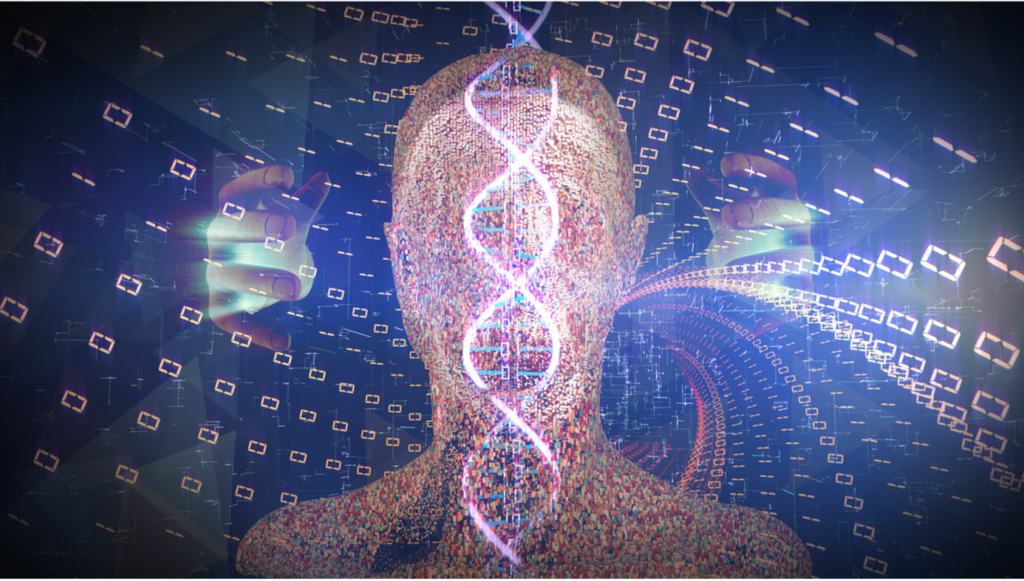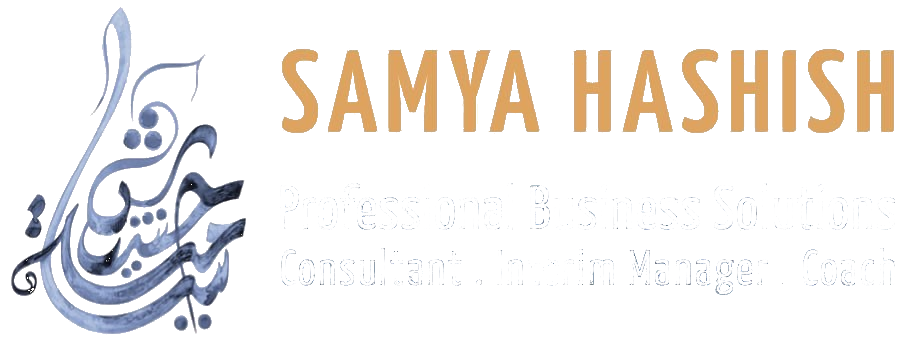AFNB and AON
Akademie für neurowissenschaftliches Bildungsmanagement
(Academy for neuroscientific education management)

The AFNB was founded in 2009 and sees itself as a bridge between science and business. It makes modern brain research findings available to a limited number of professional trainers, consultants and coaches in the form of multimedia learning concepts. The activities stand for a better future in education and training and personality development.
Translating scientific findings into an easy-to-understand language and presenting them to people in companies, organizations and educational institutions in a practical way – that is the art.
This video (in German only!) shows the AFNB’s approach to future-oriented education and training, change processes, motivation and digitization from the perspective of brain research.
As a member of the AFNB Academy, I have tools and instruments at hand to convey this knowledge from a neuroscientific perspective in exciting lectures. I am in contact with leading European brain researchers several times a year.

Choice of topics:
- Motivation – how does motivation develop in the brain
- Decisions
- Mindfulness – mindful business
- Memory and recollection
etc.
More current topics can be found under Lectures.
For me, success means experiencing happiness and fulfillment in what we do – and not – as is the case in our society today – simply linked to money, status or power.
When our neurobiological systems are out of sync, it leads to ongoing stress and often serious illness.
By transferring knowledge from brain research to people and companies, I would like to give you new tools to support you in leading a more conscious, motivated, healthy and happier life. The basis for this is the direct dialogue with leading neuroscientists, experts and my own continuous training.
Combining the findings of modern brain research with the opportunities of digitalization is therefore the order of the day.
Here you can get an insight into the approach of the AFNB
NeuroBildung (NeuroEducation)
https://www.neurobildung.com
is an initiative of the companies AFNB, AON, NCC and AFNB NeuroFoundation to provide companies, organizations and educational institutions with answers to 4 important questions:
- Why should we know as much as possible about how our brain functions and works?
- What benefits do we achieve through the use of neuroscientific findings in education and training?
- What factors should we consider when integrating neuroscientific knowledge into education and training?
- Where can I find experts with neuroscientific concepts?
Here is the link to my profile:
Master of Cognitive Neuroscience (AON)

From 2015-2018 I completed the master’s degree (Master of Cognitive Neuroscience – aon), 10 modules, supervised by 8 of the most renowned scientists of our time:
(Information available only in German)
https://www.academy-of-neuroscience.com/die-module
https://www.academy-of-neuroscience.com/die-dozenten
During the training, current findings in brain research were conveyed in a practice-oriented manner. I got this knowledge firsthand from neuroscientists like Prof. Dr. Gerhard Roth (who also supervised my master’s thesis and is known for his meticulous and strict attitude), Prof. Dr. John Dylan Haynes, Dr. Franz Hütter, Prof. Dr. Tobias Esch and others.

I wrote my master thesis on:
“Ego at the limit – narcissistic personality disorders in the field of tension between basic psychological assumptions and neuroscientific research”.
Quote from Prof. Dr. Gerhard Roth: “The work is written carefully, factually competently and very legibly. I give it a rating of “very good” (1.0).”
The master’s thesis will soon be published as a book.
Thanks to this training, I can now understand people better – look at decisions with a different attention.
Due to the digital transformation, “New Work” and an ever faster changing environment, companies are currently facing incredible challenges. Applied knowledge from neuroscience gives them more security, supports them in making the right decisions and picks people up where they are in their development process. In the long run, this leads to more success and satisfaction.
